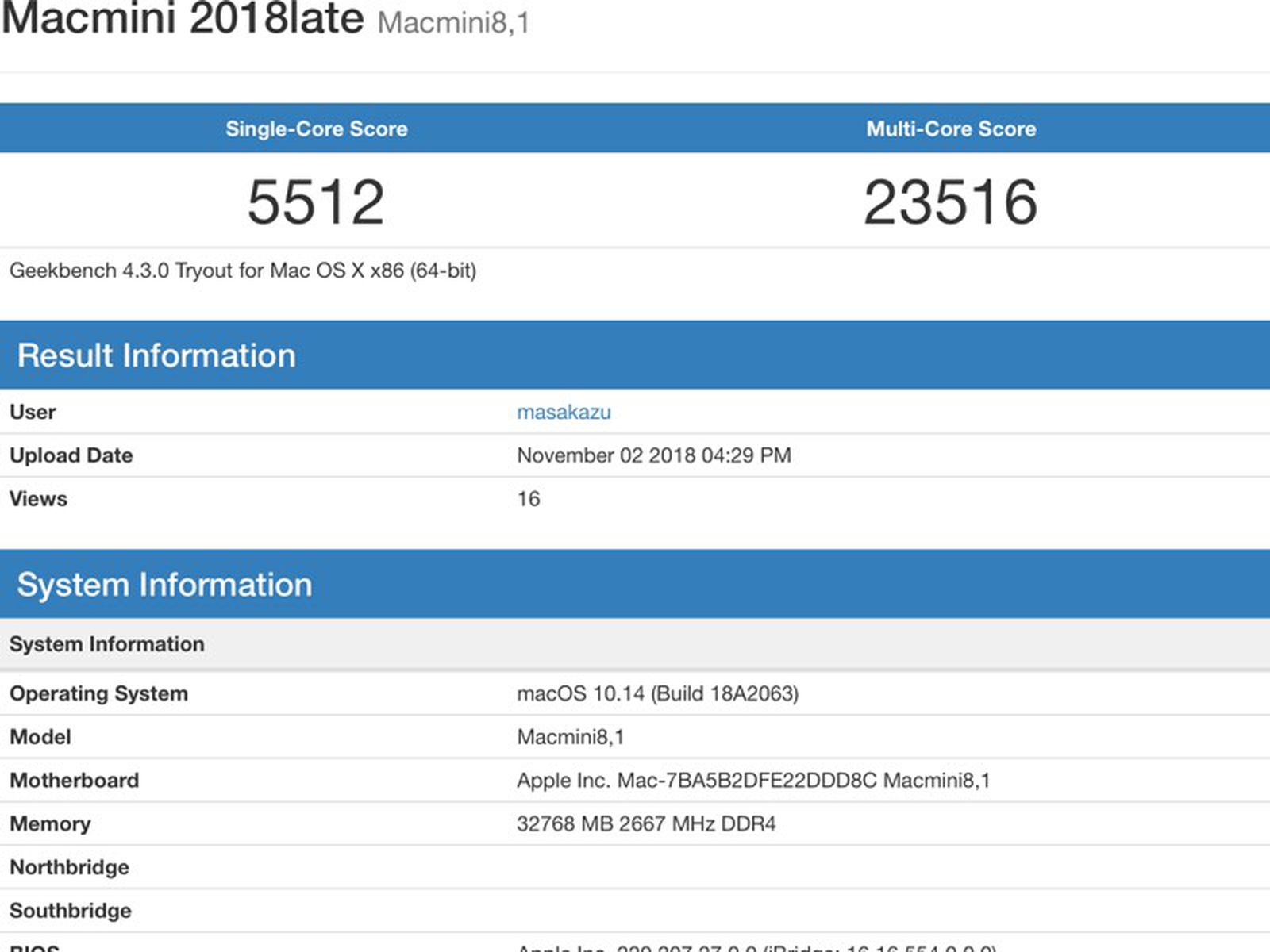
Data from the comparison suggests Zen 3 will compare significantly more favorably than Zen 2, but data also indicates that AMD’s mobile performance in a 15W envelope is much lower than when allowed desktop power levels, which only makes sense. To summarize: AMD’s brand-new Zen 3 8-core matches the M1 in single-threaded performance and significantly exceeds it in multi-threaded performance, but it achieves both of these outcomes at desktop-level power consumption. That’s an average - we’ll be referring to this Lenovo system, specifically, when we compare performance. We don’t know how AMD’s Zen 3 mobile cores will compare to its desktop chips, but the Ryzen 4800U scores ~1130 in single-threaded GB5 and ~6800 in multi-threaded. Obviously, however, these CPUs are both desktop processors. That’s a 1.3x and 1.36x improvement, respectively, which is well above the gains AMD told us to expect from Zen 2 –> Zen 3 on average (1.19x IPC, and up to 1.25x with IPC and clock). GeekBench 5 clearly likes Zen 3 much more than Zen 2 the Ryzen 7 3700X scores a 1281 / 8220 in GeekBench 5 according to LegitReviews, while the Ryzen 7 5800X scores a 1673 / 11,246. Since folks will be curious about AMD, here’s how things compare. While Apple is only tying the Core i9-9980HK in multi-threaded, the M1’s Geekbench scores cleanly beat everything below that point, including the Core i9-9880H. Apple is therefore leading in single-threaded performance even against Intel’s Sunny Cove architecture from 2019, and it’s leading in multi-threaded against the highest performing CPU cores that Intel ships in mobile. Intel doesn’t currently ship an eight-core Ice Lake mobile CPU, but Apple also ships Intel’s quad-core, ICL-derived Core i7-1068NG7. Measured performance for this CPU is 1149 / 7329 in GB5.
GEEKBENCH 4 REVIEW FOR MAC OS X X86 (64 BIT) PRO
The highest-end MacBook Pro 16-inch that Apple has ever sold features a Core i9-9980HK, an 8C/16T CPU with a base clock of 2.4GHz and a 5GHz boost. Synthetics are useful for low-level feature analysis and they can shed light on interesting microarchitectural differences, but we don’t rely on them as our primary means of evaluating hardware. As always, I recommend caution when extrapolating from synthetic tests to real-world performance.

These scores compare extremely well with existing Intel and AMD CPUs on the market.


 0 kommentar(er)
0 kommentar(er)
